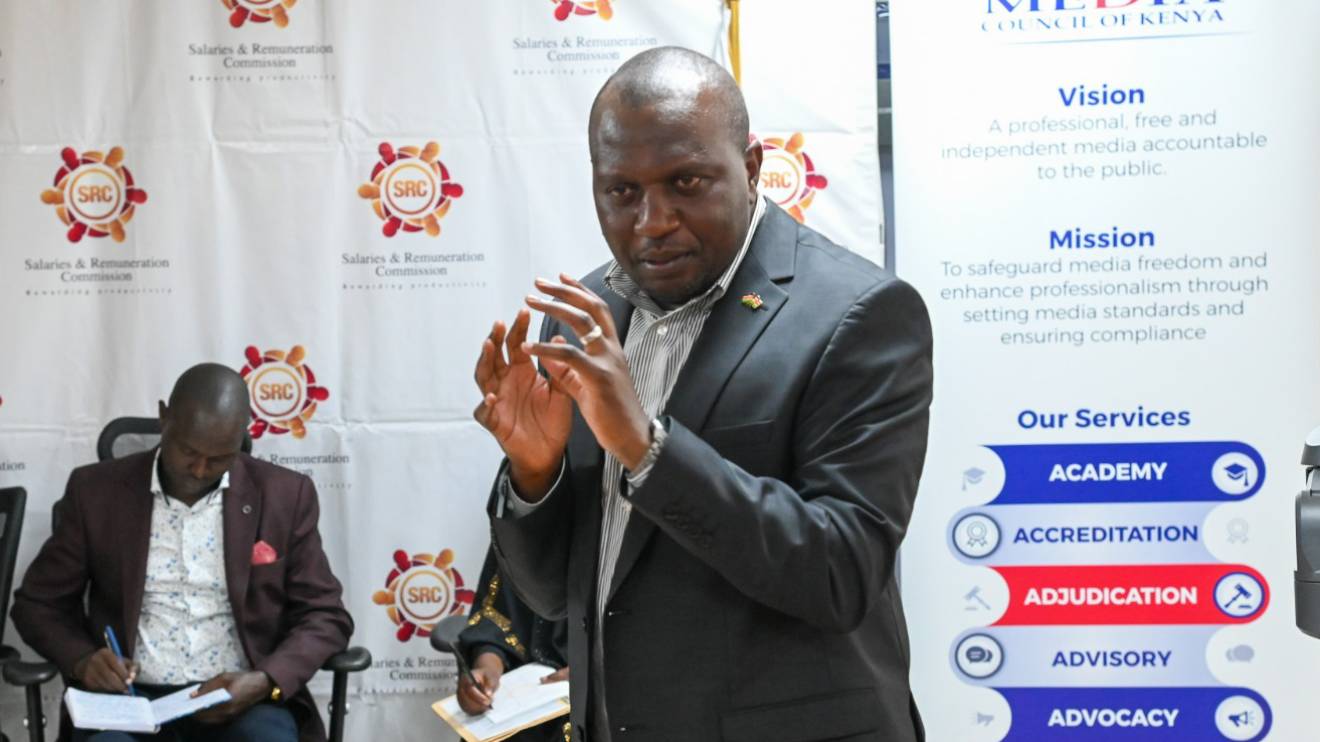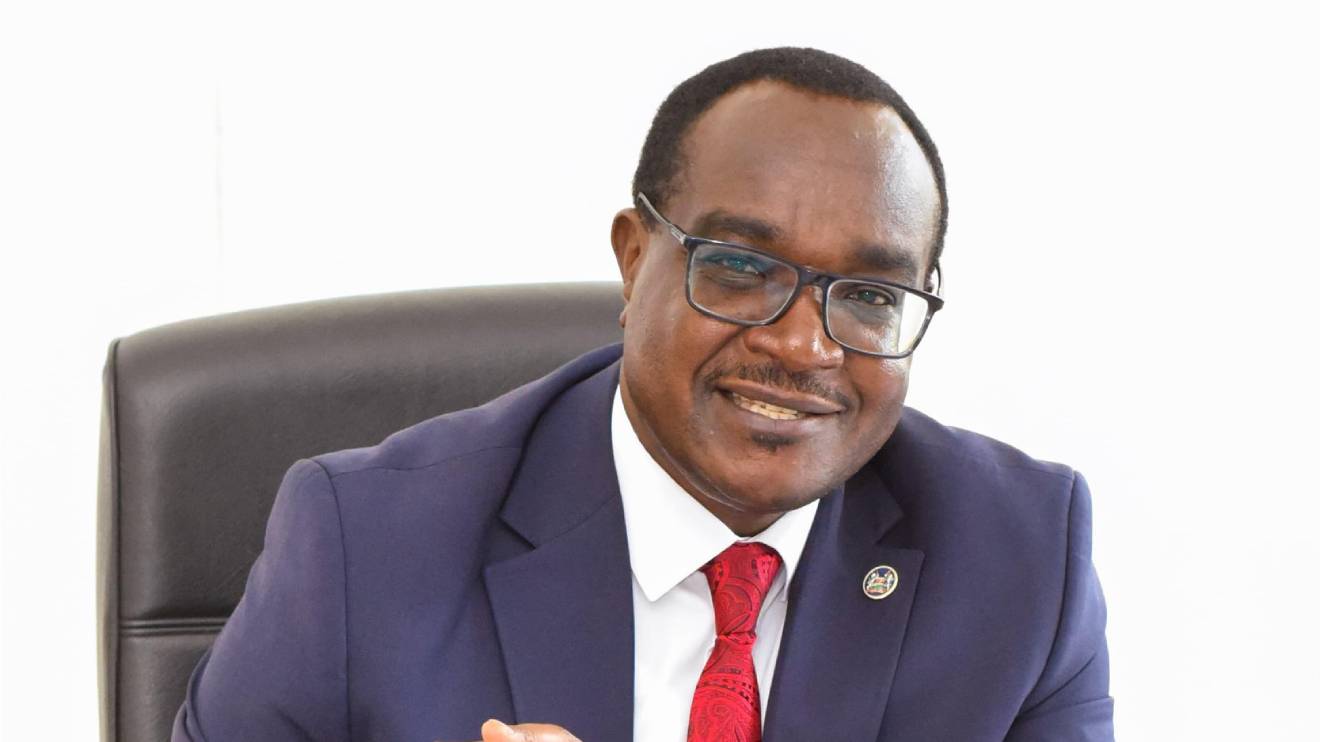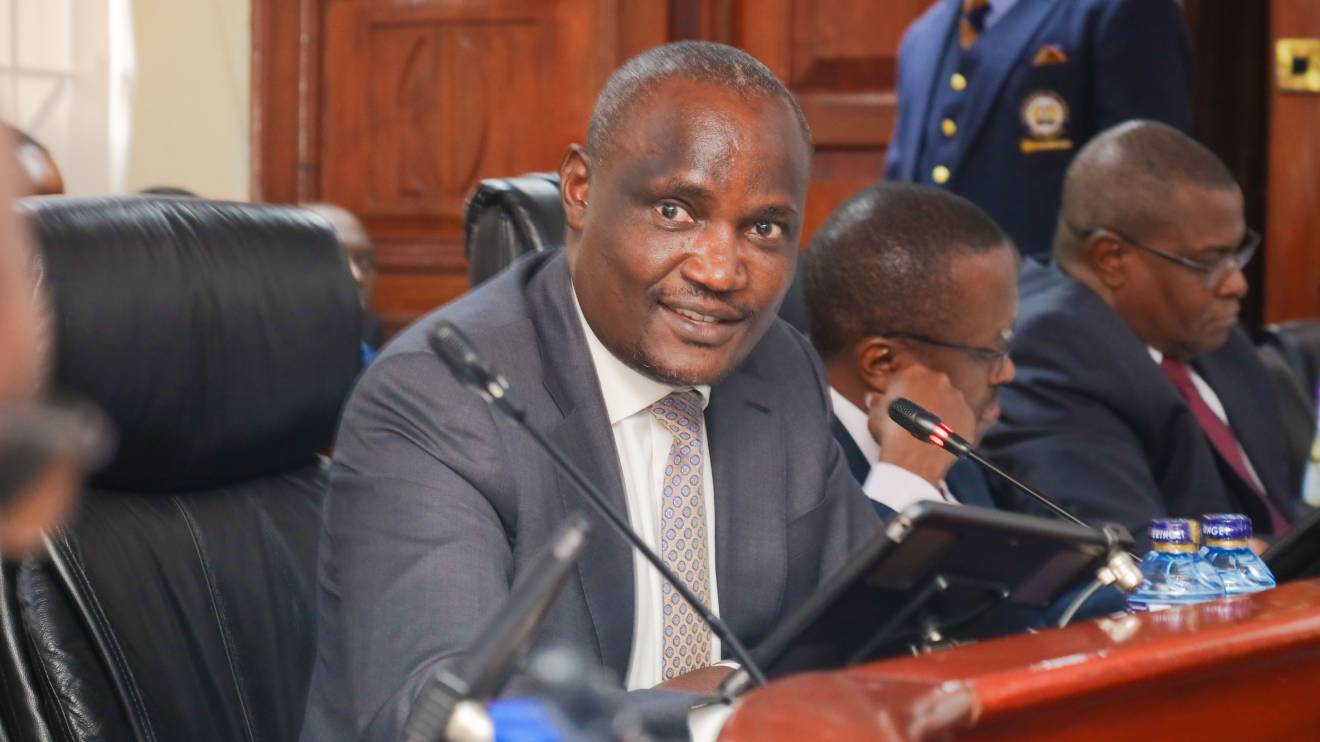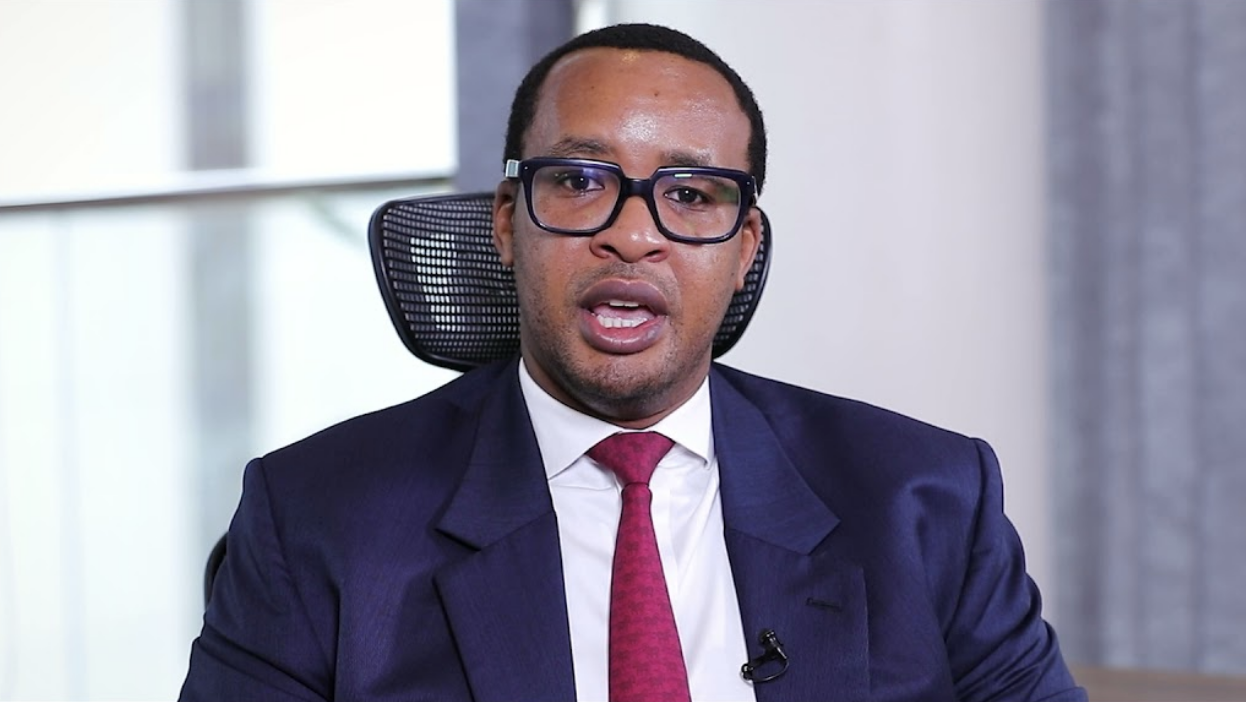The Media Council of Kenya has issued a resounding call to media investors, urging them to prioritize the fair remuneration of their staff as a crucial measure to safeguard journalists from the growing risks of violence, online threats, psychological strain, and economic instability.
At a media stakeholders’ forum held in Naivasha, Chief Executive David Omwoyo emphasized the critical importance of ensuring journalists receive adequate and timely compensation, particularly correspondents and field staff.
Omwoyo underscored the alarming consequences of financial insecurity, stating unequivocally, “A broke scribe will not resist a ‘brown envelope’. Correspondents and editors who go for months without pay are likely to be compromised by news sources and therein lose their independence and objectivity."
The forum, titled ‘A Time of Internal Retrospection,’ convened editors, media managers, practitioners, and state actors with the aim of formulating actionable strategies to enhance professionalism, safeguard journalist well-being, and address industry challenges head-on.
Amidst discussions, ethical concerns took centre stage, given the recent surge in financial and ethical dilemmas plaguing the industry.
Read More
Reports of attacks on journalists during their work and grievances over non-payment or delayed payments have become all too common.
Araka Matara, newly appointed Chairman of the Kenya Correspondents’ Association, vehemently condemned the industry’s prevalent culture of non-payment or delayed payment, asserting that such practices not only undermine the integrity and professionalism of journalism but also endanger the livelihoods of journalists.
Matara stressed the urgent need for media houses to invest in capacity building for new journalists, advocating for regular training on various beats, legal and ethical considerations, and the reinforcement of discipline.
The impassioned plea for better compensation echoes broader efforts aimed at fortifying the media landscape against external pressures and internal vulnerabilities.
As stakeholders continue to deliberate on these pressing issues, one thing remains abundantly clear: prioritizing the welfare of journalists is indispensable to upholding the principles of a free and ethical press.






-1752797011.jpeg)




